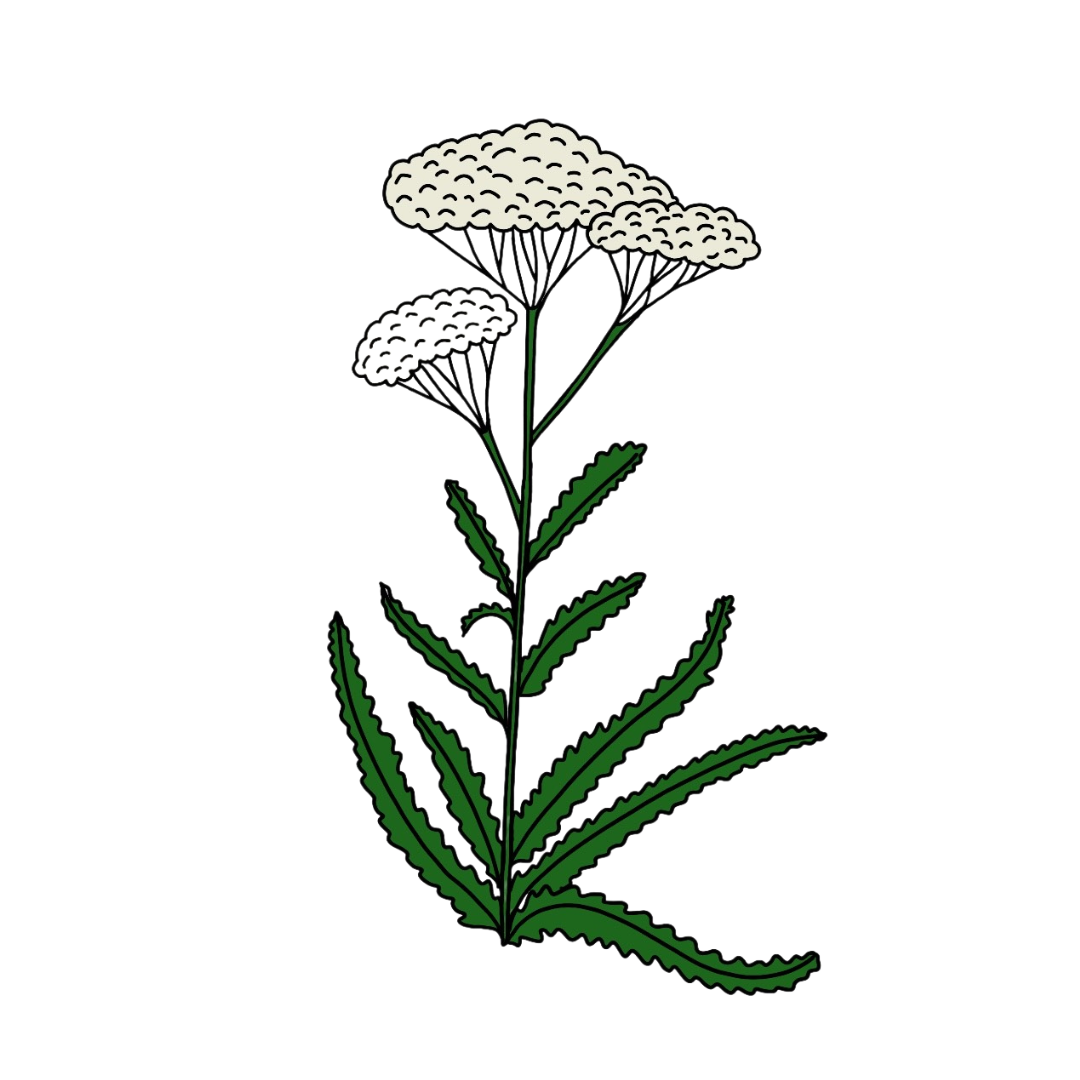The opportunity
The Story Project is a strengths-based, community-driven project in partnership with Indigenous community members. Together we are gathering and share knowledge about Indigenous Peoples’ experiences of accessing family planning services in BC (contraception and abortion care). The project is conducted by a team of settler and Indigenous researchers and students. Every step of the project is guided by our Matriarch and Knowledge Keepers advisory circle.
The project involves interviews with Indigenous community members and service providers. Through these interviews we are exploring:
What does ‘family planning’ mean to Indigenous communities?
What are Indigenous clients' experiences of accessing family planning health services?
Have clients encountered racism and stereotypes in accessing family planning health services and what did those experiences involve?
What are the roles of doulas and midwives in Indigenous family planning services?
We are also engaging in knowledge sharing activities to interpret and communicate the research with Indigenous community partners, health care professionals, and decision makers.
The Story Project is funded by the Canadian Institutes of Health Research (2021-2026).
Methods
Supporting Indigenous Self-Determination over Family Planning Care through Community-Led Research
COMMUNITY PARTNERED & ENGAGED
Operationalizing principles of OCAP (Ownership, Control, Access, and Possession). Indigenous-led governance structure to collaboratively design and develop research. Integrated knowledge translation to keep research accountable to community.
DECOLONIZING, INDIGENOUS FEMINIST
Methodological decisions and analysis informed by Indigenous and feminist theoretical frameworks to support Indigenous goals of self-determination, decolonization, and reproductive justice.
TWO-EYED SEEING APPROACH
Data collection and analysis methods that bridge Indigenous and non-Indigenous ways of knowing and knowledge-making.
Timeline
PHASE 1: KINSHIP & COLLABORATION
Relationship-building and collaboration to build trust, capacity, and support.
PHASE 2: GATHERING & EXCHANGING STORIES
Data collection and analysis through interviews and sharing circles.
PHASE 3: KNOWLEDGE TRANSLATION
Translating knowledge into action through end-of-project activities with the research team, collaborators, and participants.
our potential Impact
EVIDENCE & RELATIONSHIPS FOR ENHANCING SERVICE DELIVERY
FILL KNOWLEDGE GAPS THROUGH COMMUNITY-LED RESEARCH
The knowledge we co-create will provide insight into Indigenous Peoples’ experiences of accessing family planning services in BC. Our community-driven, community-engaged methodology centres Indigenous perspectives.
BUILD A COALITION OF INDIGENOUS & ALLIED EXPERTS
Our collaborations will build capacity for Indigenous students and staff and will strengthen existing networks of care providers and knowledge holders who are experts in family planning.
CREATE POSITIVE CHANGE
Our research will lead to recommendations for models of family planning care that are culturally appropriate, empowering, and accessible, and in turn enhance Indigenous peoples' health and wellbeing.



